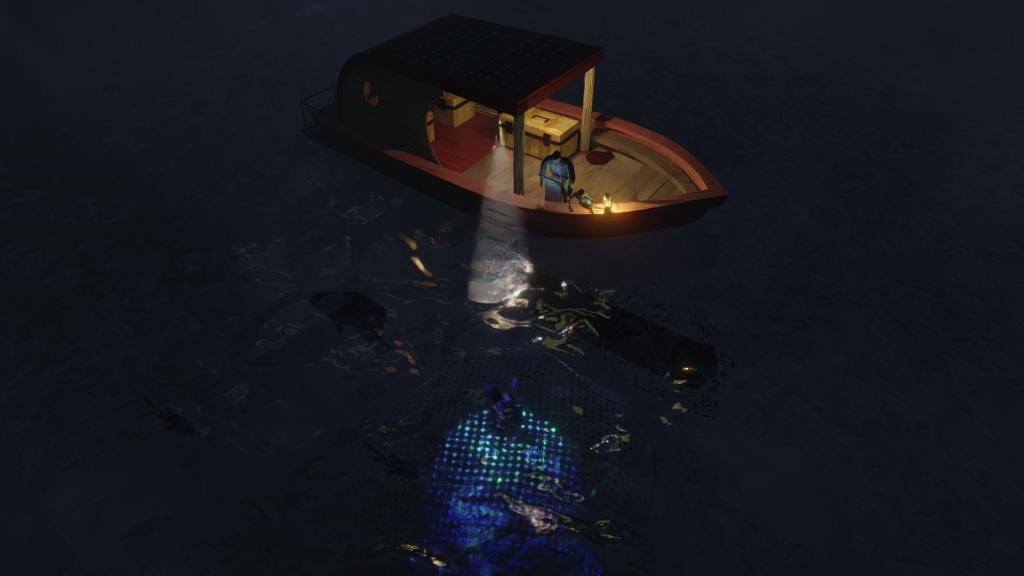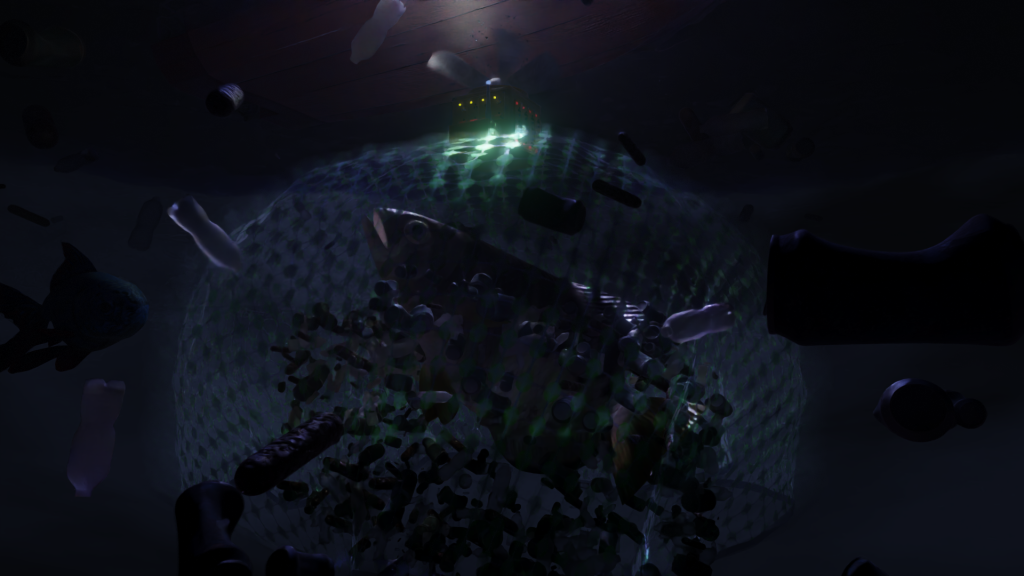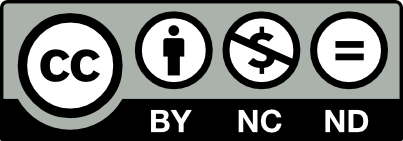By Dilman Dila
It’s 1st November 2060 and yesterday I finished my primary leaving examinations. Yay! Now, I’ll no longer be a primarian, and my elder brother is making the moment extra by taking me on my first fishing trip! Yay! I’ve grown, after all. I’m no longer a child. I made twelve this year, and next year I’ll start secondary school. The sun is almost going down when he helps me climb onto his solar-powered boat to go out on the lake. He lives in a floating village, which is composed of about fifty houses stitched together to form an island. In the past this was land, but after the big rains extended the shores of the lake, it swallowed it all up and the fishing folk had to build this village because they had no other place to go. I live with our parents on a dry suburb of Kampala, but today being the day I officially finish primary school (I know I’ll pass!), I get to sleep in this floating village, and it’s the best end of year gift a child my age can ever get. Maybe someday after I’ve grown up, I’ll take to fishing like my brother.
I won’t have to go to school tomorrow, or the day after. Not until next year! I’ll hang out with my brother on the lake, catching Nile Perch. We sail past submerged houses from long before the big rains. They have all collapsed and their ruins stick out of the water, covered in weeds and water hyacinth, and home to frogs. We go past yellow markers that indicate the actual shores of the lake, and then we are in deep waters, where the fish live. My brother throws a scanner-drone into the water. It’s a small robot, about the size of my hand, and it goes in deep and searches for fish, mapping out the possible places the fish can be in, and then it indicates where to cast the nets. This saves a lot of time. My brother doesn’t have to stay up all night hoping to catch fish, like older fishermen who distrust technology, or those who fish for fun. The scanner is not accurate, and sometimes by the time the net is thrown in, the fish have fled, but it does help a great deal.

My brother steers the boat as the scanner sinks into the water. He has shown me how to read the information from the scanner, using a phone that I hold in my palm. Yellow dots appear to indicate fish. I’m excited, and tell him to throw in the nets, but he says wait and see more, and then the patience pays off. There is a big yellow dot. I think it’s a school of Nile Perch. I drive the scanner back to the surface of the water, and then my brother puts the boat in hover mode and throws in a net. I wish he had an electronic net, something that could perhaps automatically sense the fish and trap it, but they haven’t yet made such a gadget, and it is wishful thinking on my part. Perhaps when I grow older, I’ll invent such a net. We don’t have to wait for long before there is a tag as the catch swims into the net. My brother reels it in, but the moment the net surfaces, he swears in disappointment.
It’s not fish. It’s a huge collection of plastic trash.

In the past, we learn at school, people used plastic a lot. For bags, for bottles, for any kind of container, and plastic did not degrade once discarded. They filled trash cans and the landfills and choked the earth. Some people even blame plastics for the weather disasters that wrecked the entire planet, causing the waters of the lake to rise and swallow up parts of Kampala city. These stories are far-fetched, but they contain some truth. Making all that plastic in the first place helped to heat the planet, so the weather got more unstable. And when the flooding happened, a lot of this garbage was swept into the lake, and it devastated the ecosystem. Now, every so often, fishers find garbage in their nets, rather than fish. If my brother had a better kind of scanner it would have helped him avoid the floating garbage-berg, but this scanner is a cheap one. It can’t differentiate fish from rubbish.

By law, my brother has to haul any plastic garbage he finds back to the shore. They made the law in an attempt to clean up the lake, and now that his net is full of plastic, he can’t fish. He will have to kill almost two hours to take it to the landfill, and then another two to get back to fishing. By then it would be midnight and my first day fishing would be ruined. I wanted to spend it fishing, not collecting trash!
“Someone must pay for this!” my brother says.
He turns the boat and speeds out of the lake, not toward the landfill, but to the home of the Sub County Chief, who is in charge of the fishing village. It’s night when we get there, and we find the Chief, an old man with gray hair and a wrinkled face, lounging on his front porch, drinking beer and watching the lights of boats in the water. His house is on land, but it faces the water, just like a resort.
“Hello there,” the Chief says, cheerfully.
My brother does not respond. He docks the boat, and hauls the net off. The Chief frowns, now understanding what is really going on. My brother then empties the trash onto the porch.
“Igwe!” the Chief screams. “I’ll have you arrested!”
“I’m tired of this!” my brother says. “Every week we lose three nights because of this garbage!”
“Just take it to the recycler and stop complaining,” the Chief says. “They’ll pay you.”
“Pay?” My brother growls. “That money that can’t even buy a cup of porridge at the market is what you call payment?”
“It’s something,” the Chief says. “Some nights you don’t catch fish, so if you catch -”
“You must pay us for cleaning the lake,” my brother interrupts him. “We aren’t the ones who put in all the garbage so why should we be the ones to suffer because of it, while you who threw it in there sit eating government salaries and drinking beers with no worries!”
“Me?” the chief says. “Did you see me throw it in there?”
“Your generation!” my brother says. “People from your time!”
The Chief can’t argue with that. He looks at the pile of garbage on his front door, and it seems he has a lot of things to say. Perhaps he wants to reach for the phone in his pocket and call the OC Police to make an arrest, but then his chest falls in a sigh.
“You have a point,” he says. “But the law is the law, and until we change it, please take this trash where it belongs.”
My brother jumps back into the boat, and flips on the switch. The boat hums to life. He won’t waste another night on garbage. It’s just eight o’clock. We still have a chance to catch something before midnight.
“Take this away!” the Chief screams.
But my brother revs the engine, and the boat speeds away, leaving the Chief on his porch, shouting threats. But then, just as we cross the yellow markers to enter the lake, a police boat appears behind us, its sirens wailing, and then I wonder if I’ll spend the rest of the holidays in jail. What a way to finish primary!


Dilman Dila is a Ugandan writer, filmmaker, and social activist. He is the author of a collection of short stories, A Killing in the Sun. He is currently working on his debut sci-fi novel, Dreams of a Yellow Balloon. He has been listed in several prestigious prizes, including the BBC International Radio Playwriting Competition (2014), the Commonwealth Short Story Prize (2013), and the Short Story Day Africa prize (2013, 2014). His short fiction have featured in several magazines and anthologies.

Let’s Follow up
- What is happening in the story?
- Who is being affected by the story?
- Can you identify the aim of the main character?
- What outcome or change has been depicted in the story?
- Can you separate fact from fiction in the story?
- Pick a minor character mentioned in the story and imagine what they were doing on the same day.
- Describe the future as depicted in the story. Imagine that you work for a local newspaper in the future depicted by the story. What recent stories have you covered? Write a couple of headlines.
- Describe the new terms, ideas and situations that you have picked from the story.
- What are the real world inspirations and scenarios that the writer used to tell the story?
- Describe the steps by which such a future could come about, starting from now.
